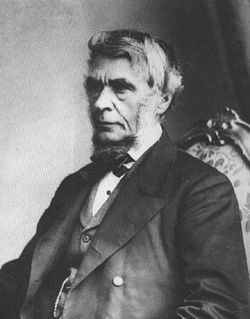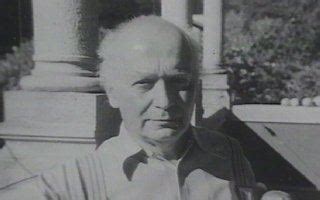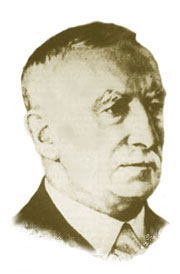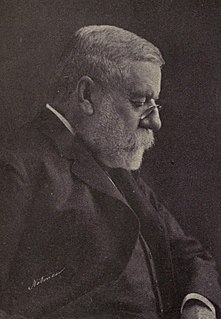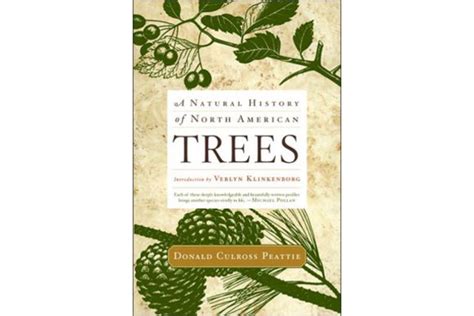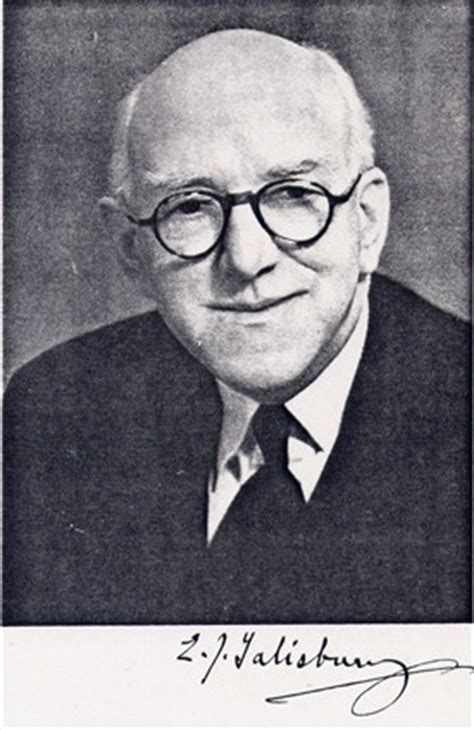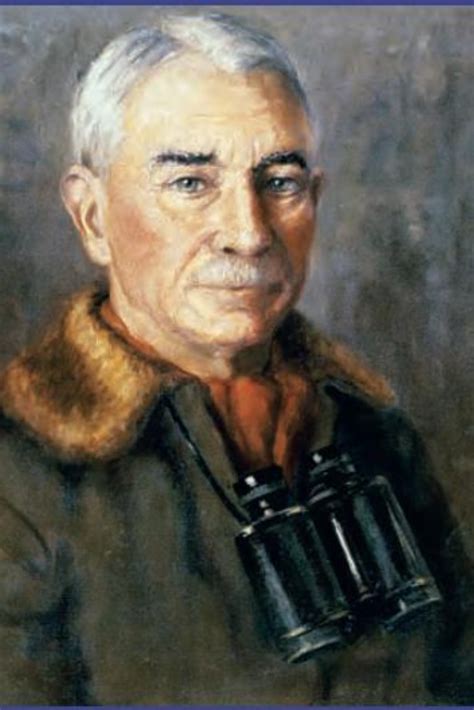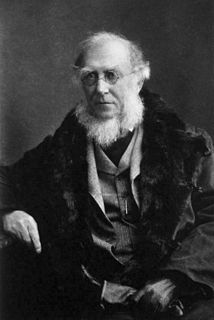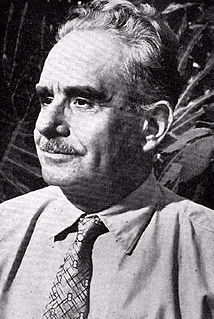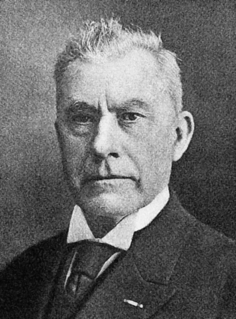A Quote by Carl Linnaeus
Of what use are the great number of petrifactions, of different species, shape and form which are dug up by naturalists? Perhaps the collection of such specimens is sheer vanity and inquisitiveness. I do not presume to say; but we find in our mountains the rarest animals, shells, mussels, and corals embalmed in stone, as it were, living specimens of which are now being sought in vain throughout Europe. These stones alone whisper in the midst of general silence.
Related Quotes
Evidence of this [transformation of animals into fossils] is that parts of aquatic animals and perhaps of naval gear are found in rock in hollows on mountains, which water no doubt deposited there enveloped in sticky mud, and which were prevented by coldness and dryness of the stone from petrifying completely. Very striking evidence of this kind is found in the stones of Paris, in which one very often meets round shells the shape of the moon.
It is better to have a few forms well known than to teach a little about many hundred species. Better a dozen specimens thoroughly studied as the result of the first year's work, than to have two thousand dollars' worth of shells and corals bought from a curiosity-shop. The dozen animals would be your own.
To say that there is a soul in stones simply in order to account for their production is unsatisfactory: for their production is not like the reproduction of living plants, and of animals which have senses. For all these we see reproducing their own species from their own seeds; and a stone does not do this at all. We never see stones reproduced from stones; ... because a stone seems to have no reproductive power at all.
It would indeed be a great delusion, if we stated that those sports of Nature [we find] enclosed in rocks are there by chance or by some vague creative power. Ah, that would be superficial indeed! In reality, those shells, which once were alive in water and are now dead and decomposed, were made thus by time not Nature; and what we now find as very hard, figured stone, was once soft mud and which received the impression of the shape of a shell, as I have frequently demonstrated.
Every thing thinks, but according to its complexity. If this is so, then stones also think...and this stone thinks only I stone, I stone, I stone. But perhaps it cannot even say I. It thinks: Stone, stone, stone... God enjoys being All, as this stone enjoys being almost nothing, but since it knows no other way of being, it is pleased with its own way, eternally satisfied with itself.
There are about 250,000 different species of fossil plants and animals known . . In spite of this large quantity of information, it is but a tiny fraction of the diversity that [according to the theory] actually lived in the past. There are well over a million species living today and . . [it is] possible to predict how many species ought to be in our fossil record. That number is at least 100 times the number we have found.
These boys, now, were living as we'd been living then, they were growing up with a rush and their heads bumped abruptly against the low ceiling of their actual possibilities. They were filled with rage. All they really knew were two darknesses, the darkness of their lives, which were now closing in on them, and the darkness of the movies, which had blinded them to that other darkness, and in which they now, vindictively, dreamed, at once more together than they were at any other time, and more alone.
Many things that human words have upset are set at rest again by the
silence of animals. Animals move through the world like a caravan of
silence. A whole world, that of nature and that of animals, is filled
with silence. Nature and animals seem like protuberances of silence.
The silence of animals and the silence of nature would not be so great
and noble if it were merely a failure of language to materialize.
Silence has been entrusted to the animals and to nature as something
created for its own sake.











